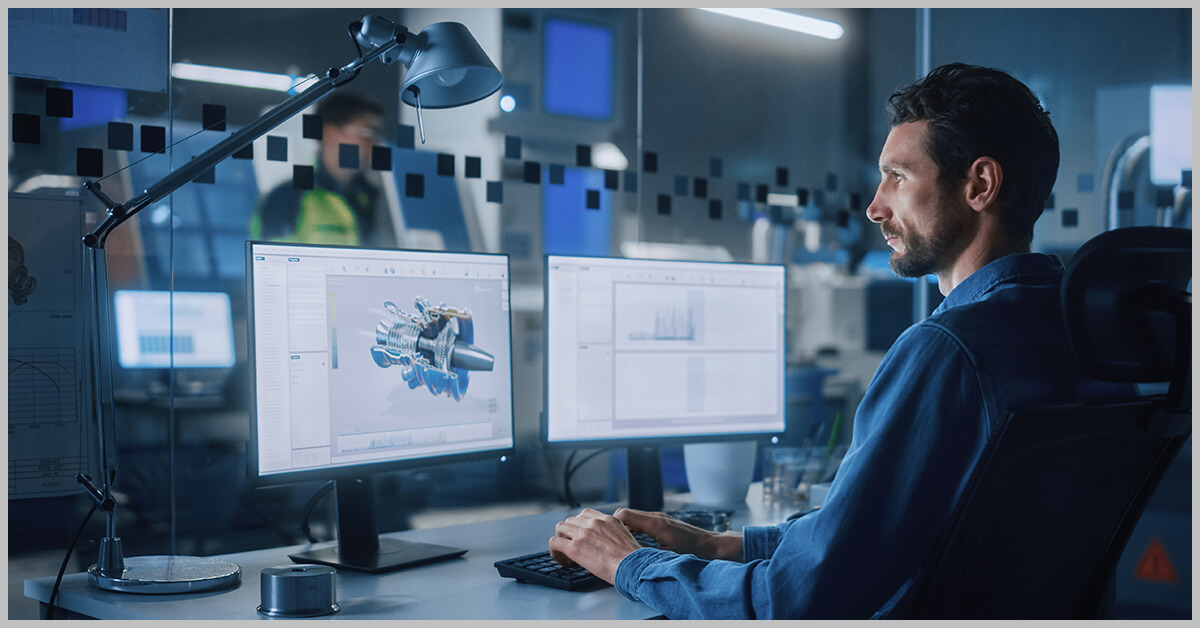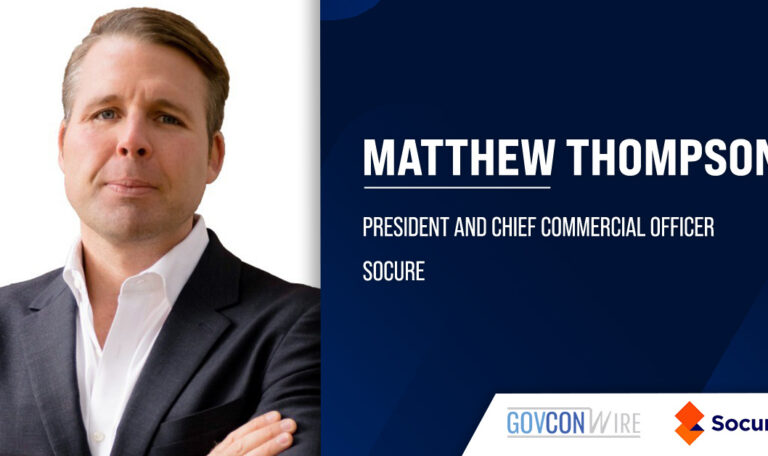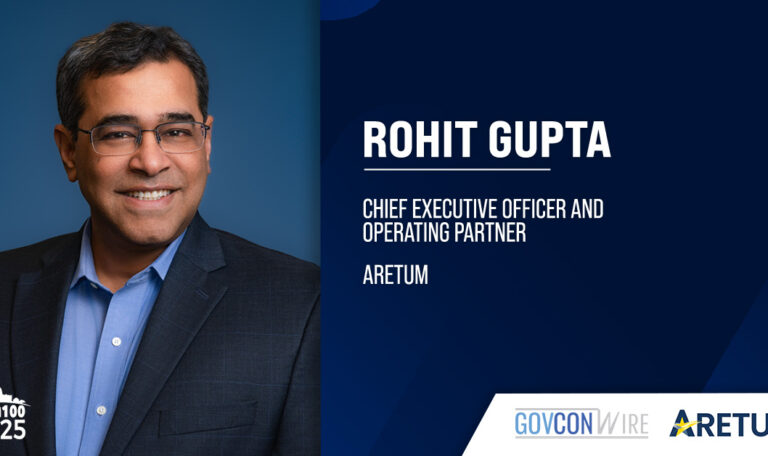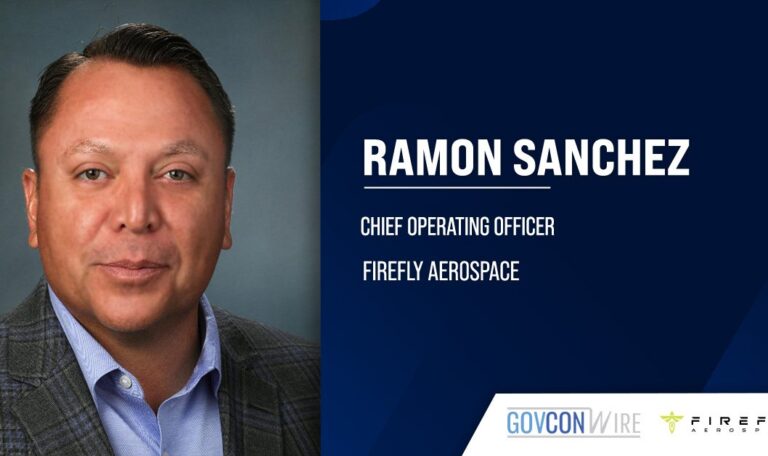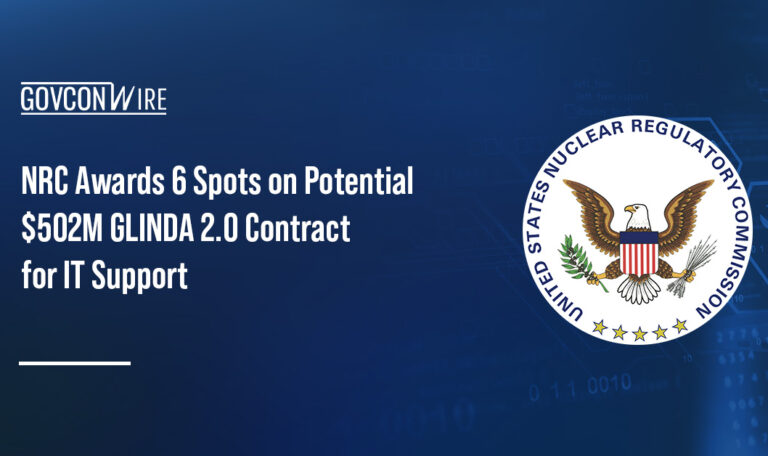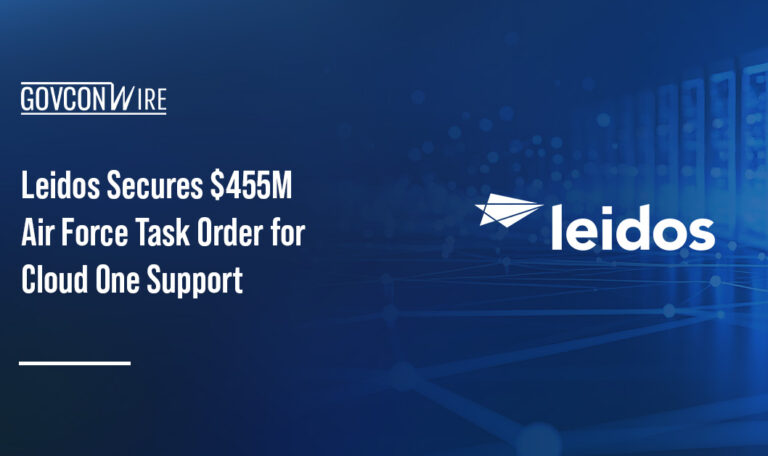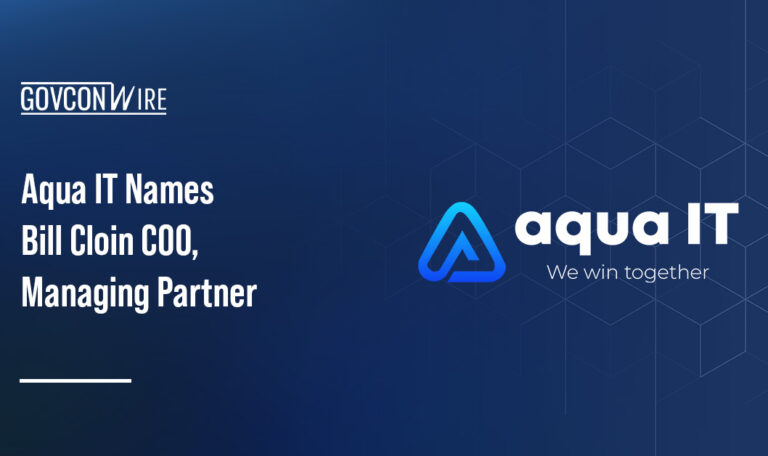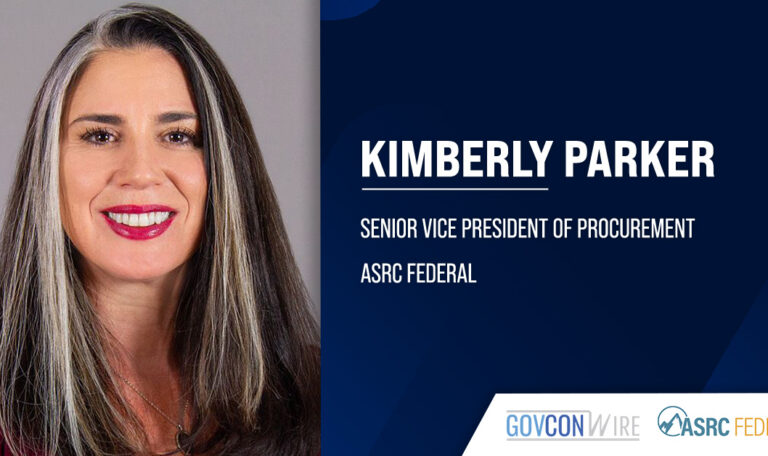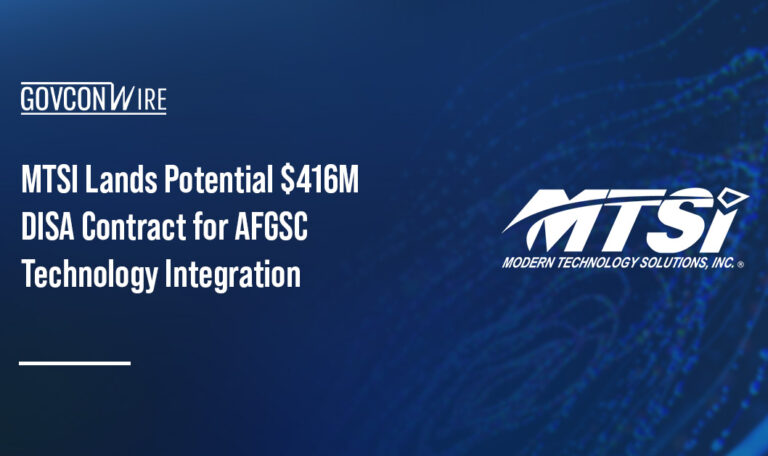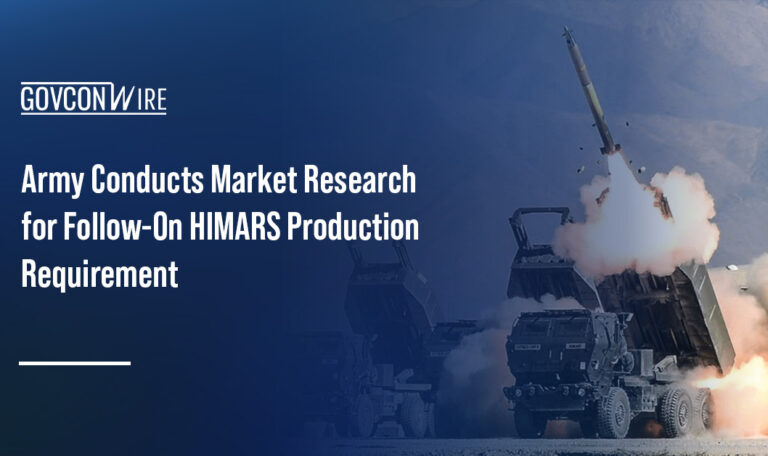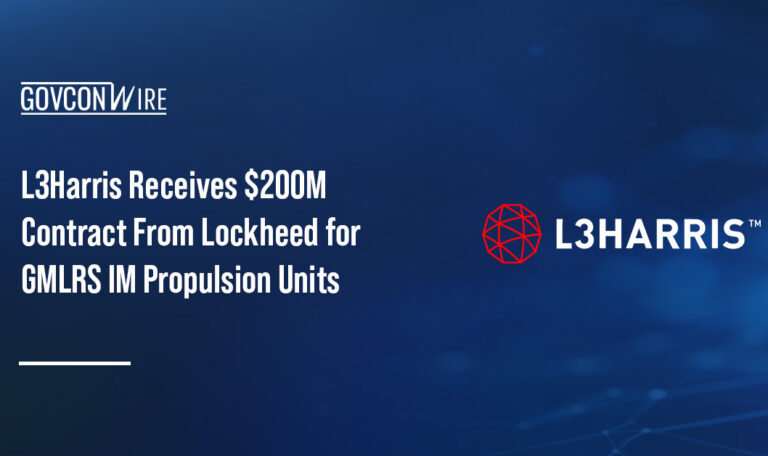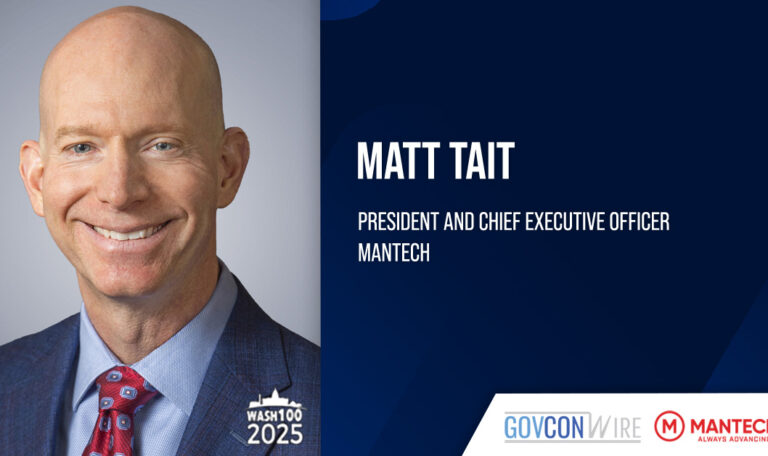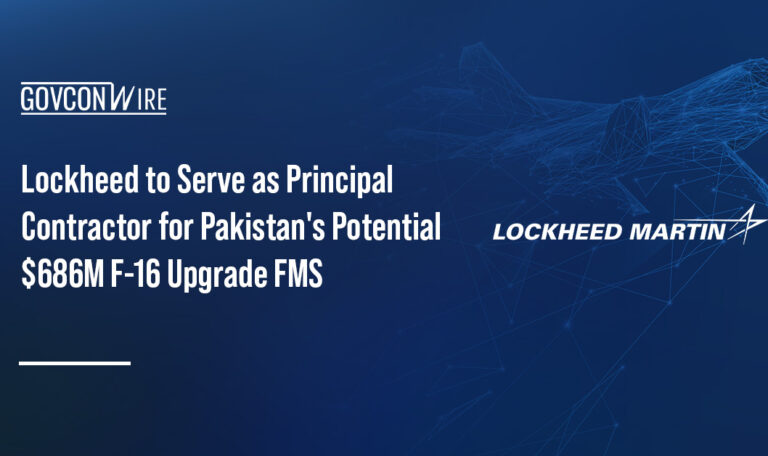As emerging technologies continue to transform the nature of conflict between the U.S. and its adversaries, the intelligence community has recognized the need to accelerate the adoption of these tools in order to stay at the forefront of the competition.
According to intelligence experts who came together for a panel discussion at GovCon Wire’s 3rd Annual IC Acquisition and Technology Innovation Forum on Thursday, intelligence agencies have already taken steps to ensure that acquisition methods are equipped to quickly meet modern technology demands by working to engage all involved parties and streamline legacy processes.
Donna Rhoads, senior vice president for mission solutions operations at Leidos and the panel’s industry representative, emphasized the importance of understanding between public and private sector partners during acquisition activities.
“I think it starts with having a solution, as opposed to bringing the technology in a discreet fashion,” Rhoads said.
“To get to that solution, we need to work closely with our government customers to help contextualize the problem at hand,” she stressed.
The Central Intelligence Agency has already welcomed this concept. According to Margaret Augustine, the agency’s senior acquisition executive, the CIA has established grant authority, created the Partnership Intermediary Agreements vehicle and embraced Broad Agency Announcements to encourage industry to propose innovative ideas.
Diane Dunshee, director of business management and acquisition and senior acquisition executive at the National Security Agency, shared that her organization has made efforts to connect with industry early in the acquisition process by implementing quarterly classified industry outreach sessions.
“This provides an opportunity for industry to ask questions about where their strategy will go in the next three or five years. On our end, we are trying to help industry understand the areas in which we need innovation,” she said.
The Defense Intelligence Agency is likewise exploring novel approaches to acquisition, according to Judith Oxman, the organization’s deputy senior acquisition executive.
Already, the DIA has created a new department to handle different types of transactions, such as grants and BAAs, so the organization is able to target those areas as a “separate focus.”
Oxman said that the agency is also harnessing its Partnership Intermediary Agreements website to accept proposals and seek out input from nontraditional players.
Though the IC has made strides in acquisition enhancements, there are still improvements to be made.
Augustine emphasized the importance of implementing a “clean” contract structure, which can be achieved through the establishment of defined phases within the contract model. Segmentation, she said, allows contractors to quickly move from step to step while providing a foundation for increased flexibility.
New technology can be integrated into the acquisition process itself, added Dunshee. She cited artificial intelligence as an emerging technology that could be a “game changer” in speeding up the acquisition process.
According to Rhoads, a “learn fast, fail fast” mentally must be present to ensure that potential issues are addressed early on.
“We must work with our customers on the front end to identify their acquisition needs earlier than we have in the past so that we do not get bogged down,” added Oxman.
She said that agencies must plan ahead and communicate what they require to get ahead rather than “play catch up” as they have done in the past.

Leidos, a platinum sponsor of this forum, is also sponsoring the Potomac Officers Club’s 4th Annual CIO Summit on May 16. The summit will bring together notable GovCon CIOs to consider information technology challenges and solutions in a multitude of spirited speeches and discussions. To learn more and register to attend the event, please visit the Potomac Officers Club events page.


